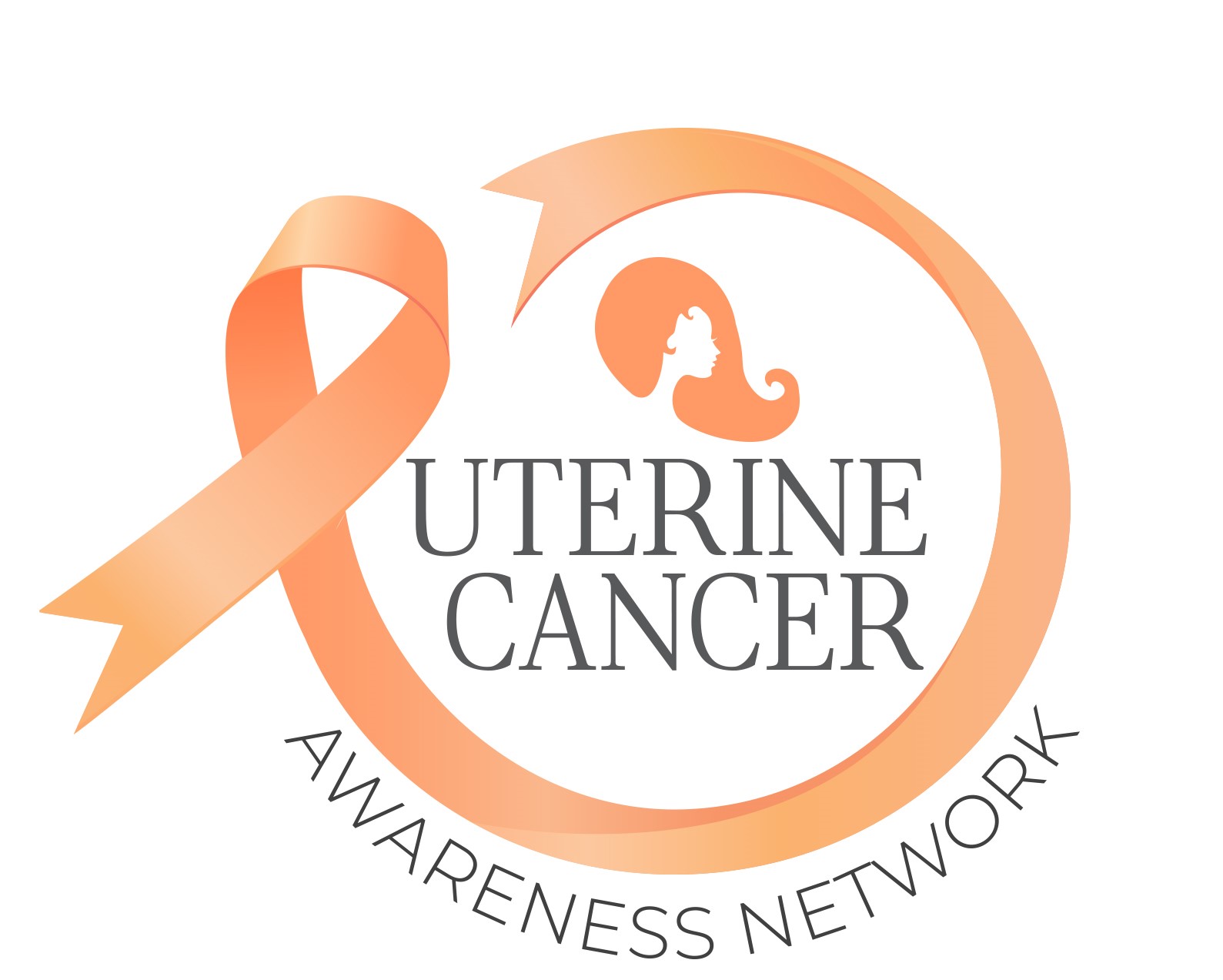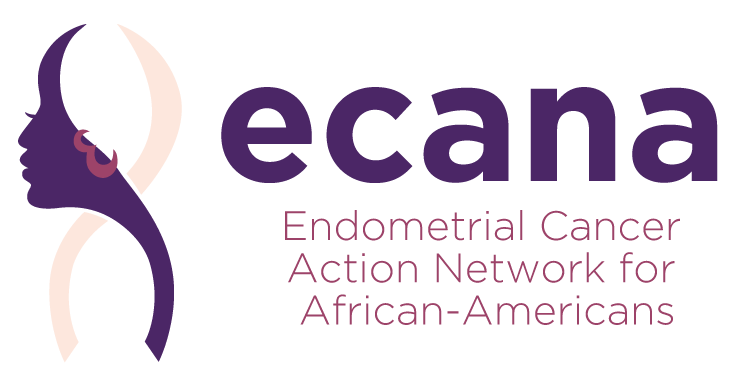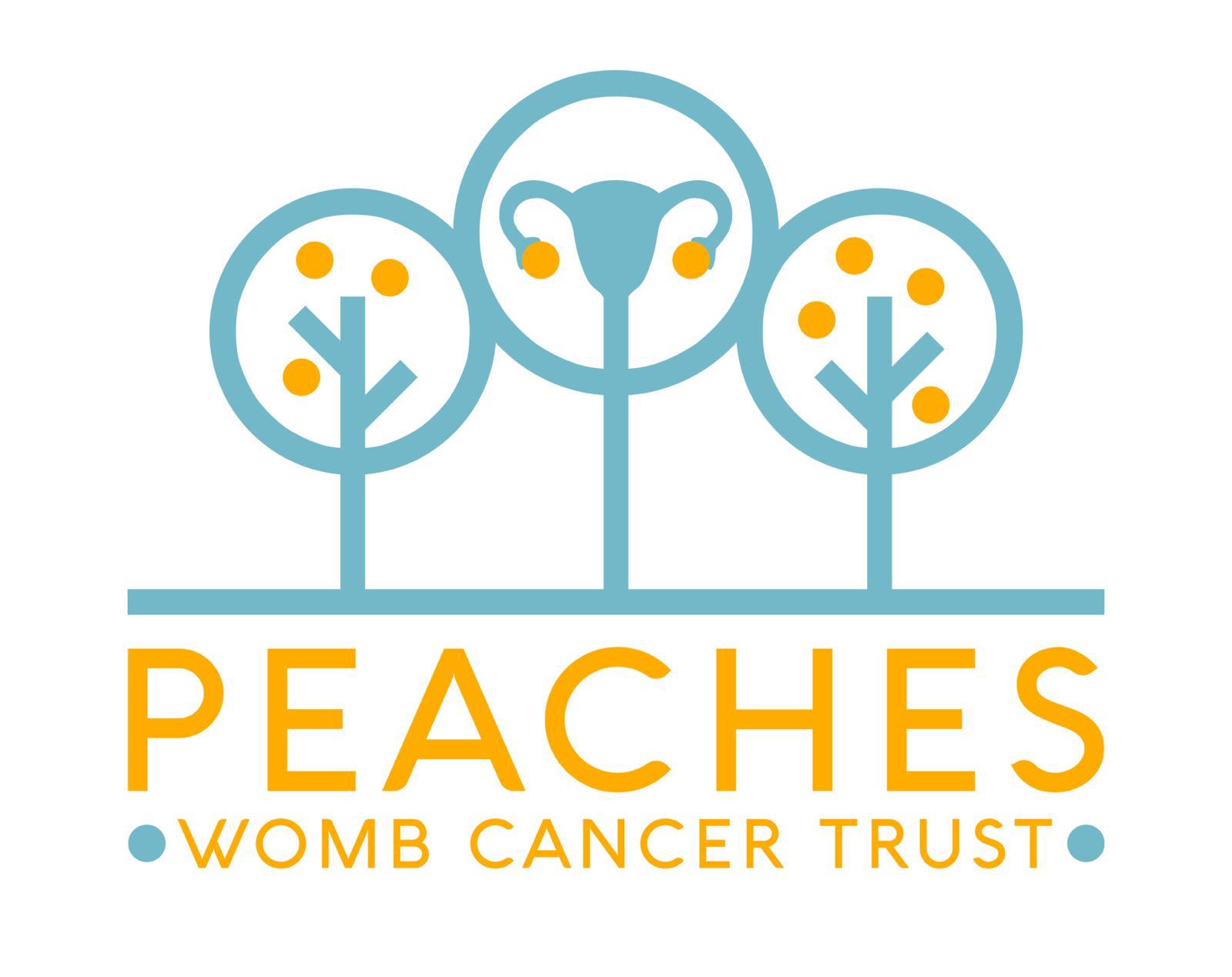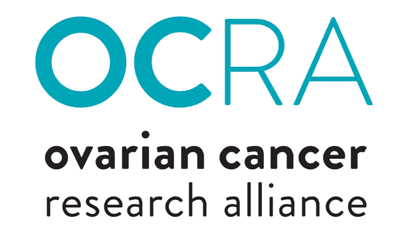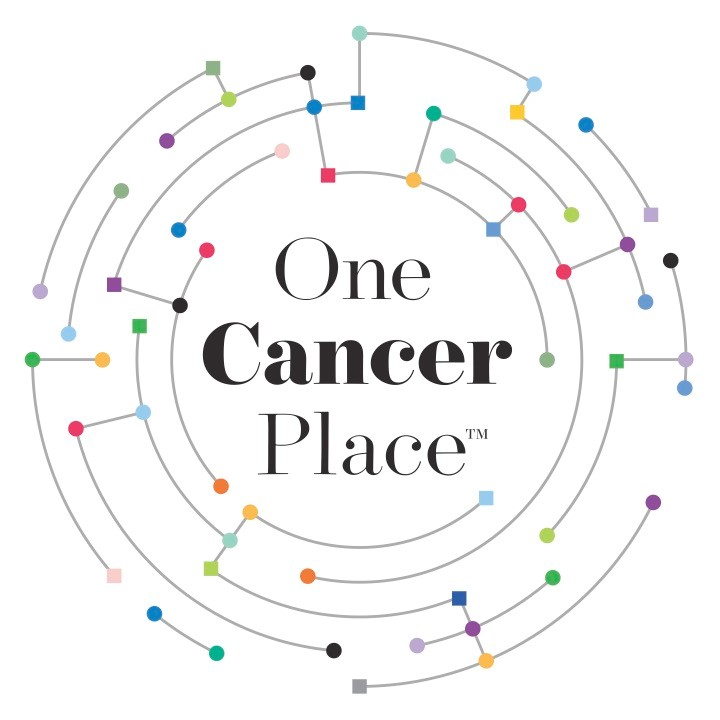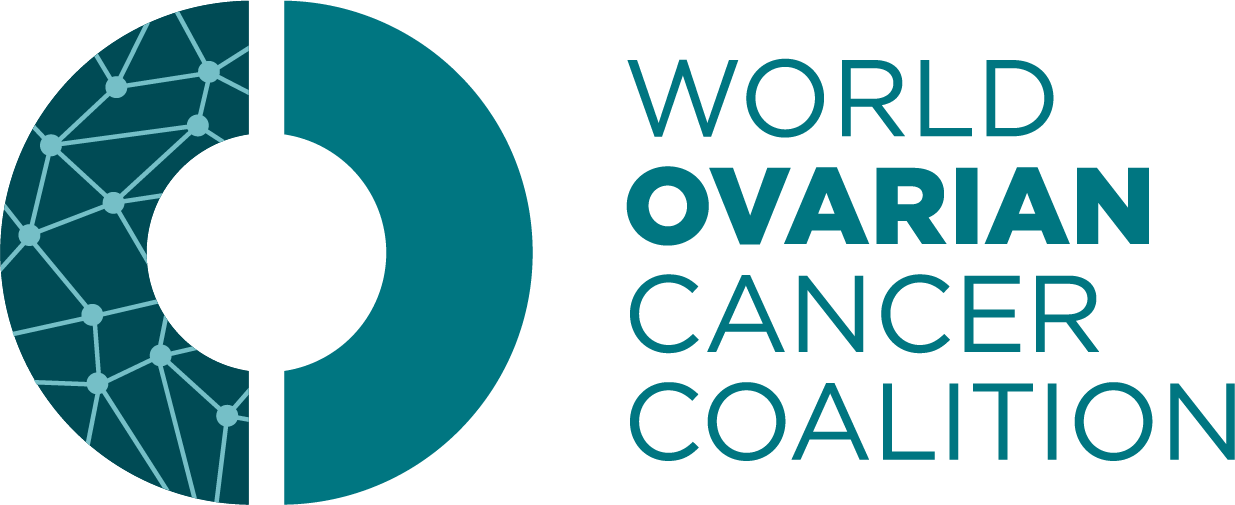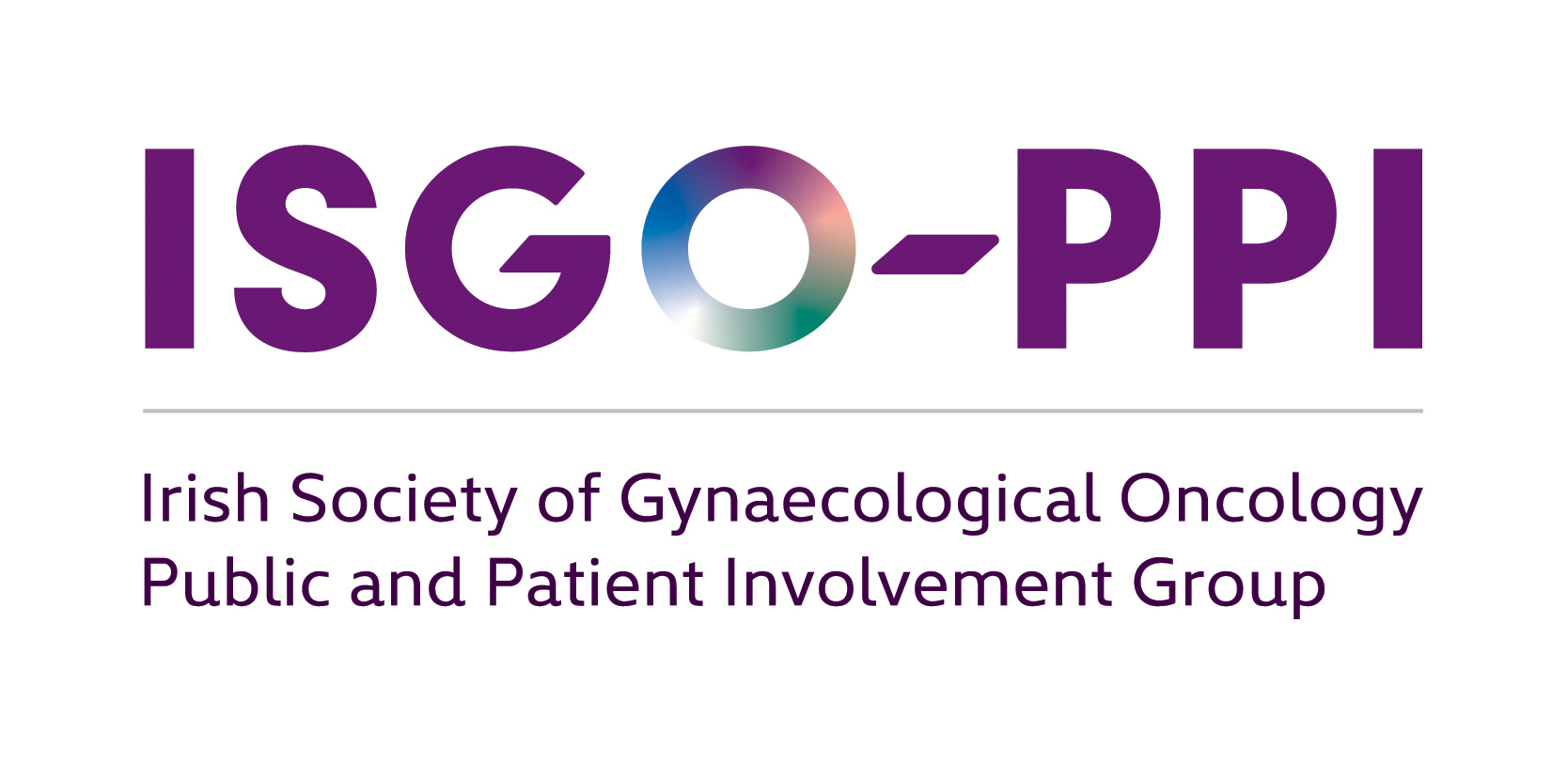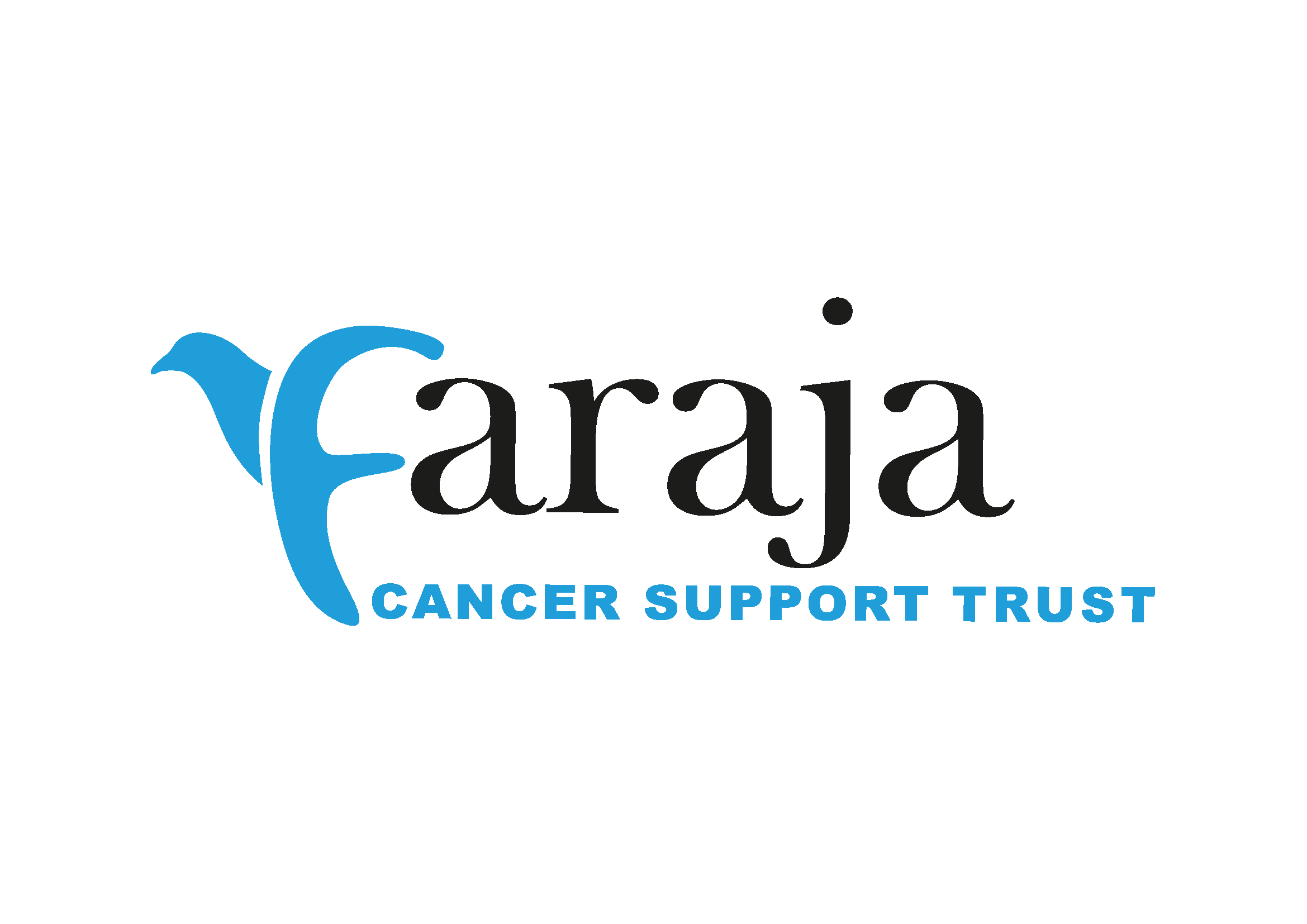Uterine Cancer Awareness Month
Home > Advocacy For Patients > About Gyn Cancers > UCAM

Reducing Disparities in Uterine Cancer
A Global Call to Action
The 2024 Uterine Cancer Awareness Month Campaign intensifies the global call to action, drawing attention to the stark disparities in uterine cancer worldwide. In this newly released consensus statement, supported by dozens of patient advocacy groups from all regions of the world, together we communicate the need for advocacy and action.
Uterine cancer affects women of all backgrounds, but disparities persist in detecting and treating the disease based on race, ethnicity, income, region, and access to care. We are calling on organizations, individuals, and governments to help find solutions to:
- Raise public awareness
- Overcome barriers to diagnosis
- Improve access to treatment
- Support survivors
- And Increase diversity in clinical research
Lighting the Torch of Resilience
Inspired by the spirit of the 2024 Summer Olympics, watch and listen to these resilient women from around the world — women whose lives have been changed forever by a uterine cancer diagnosis. For far too long, uterine cancer has been overlooked. The women in this video understand that Uterine Cancer Awareness Month is an occasion for increased action and advocacy. In unison, they are calling for this disease to be recognized as a greater health priority, globally. They reject the stigma and taboo surrounding women’s reproductive health, call for increased efforts to educate the public about this disease, and boldly display how to turn a cancer diagnosis into advocacy.
This video is co-developed by IGCS and AstraZeneca with funding provided by AstraZeneca.
Participating Campaign Partners: Patient Advocacy Groups
If your patient advocacy organization is interested in becoming an official campaign partner, please complete this form.
Campaign Toolkit
Below are examples of the materials you can find in our toolkit. We encourage individuals, organizations, and advocacy groups to share these on social media throughout the month of June.
Want to translate the materials into other languages? We've created this helpful guide for translation and to access the image templates on Canva so you can edit them and even add your own logo. Have questions or need assistance? Email IGCS Communications Specialist at [email protected].
2023 Launch video
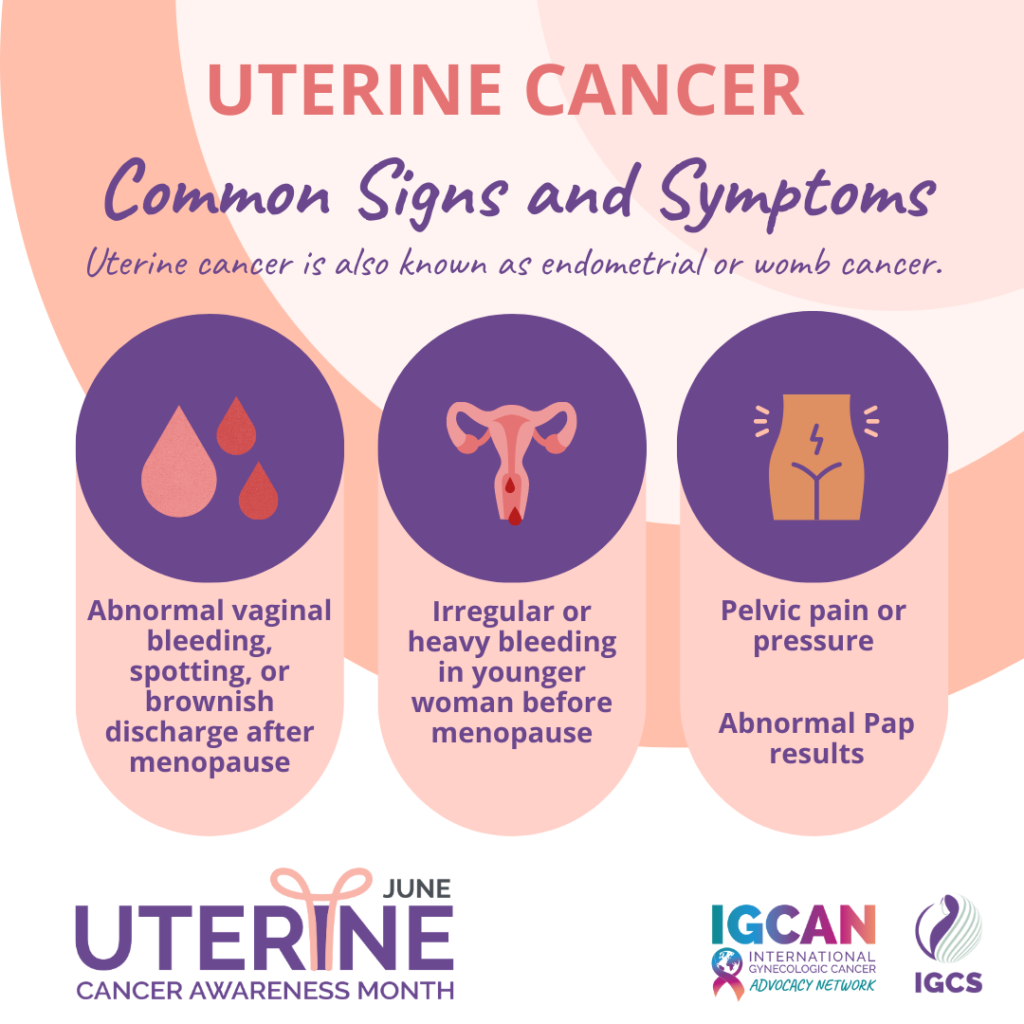
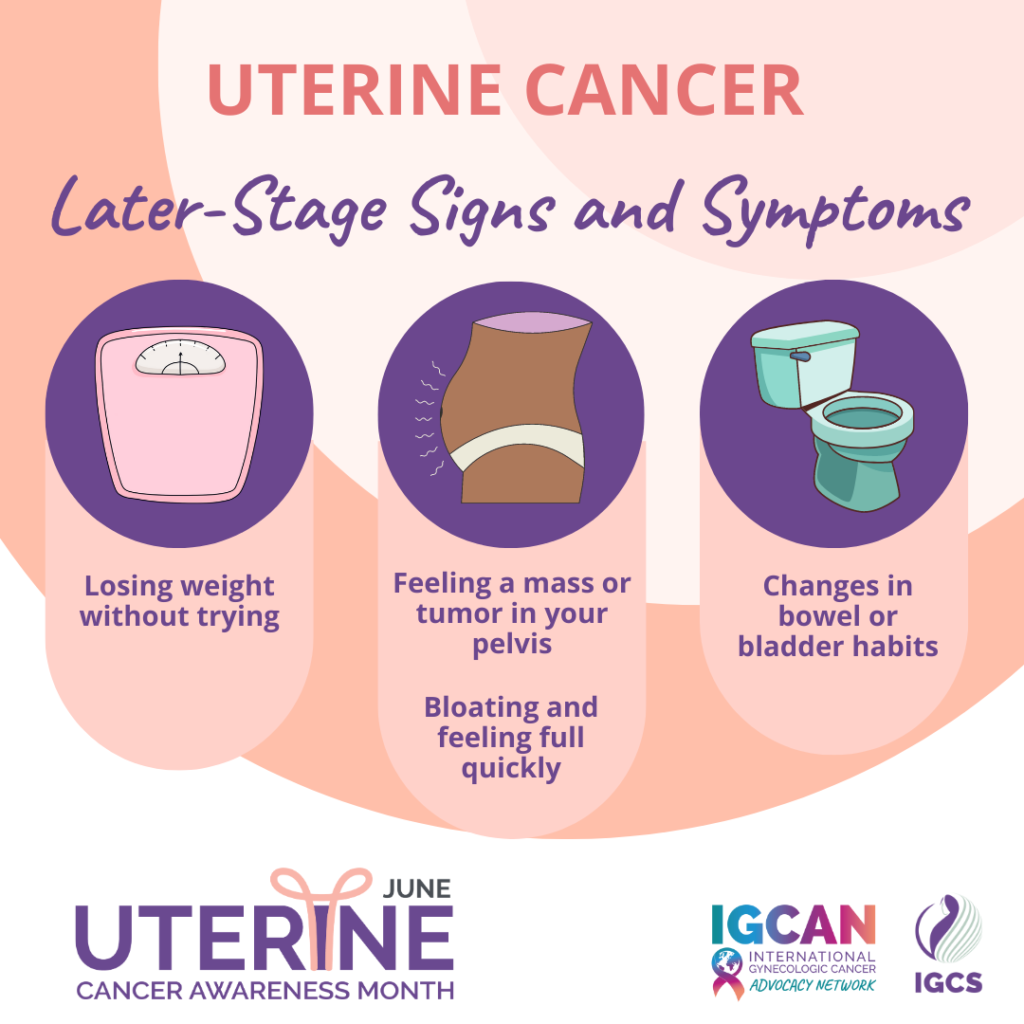
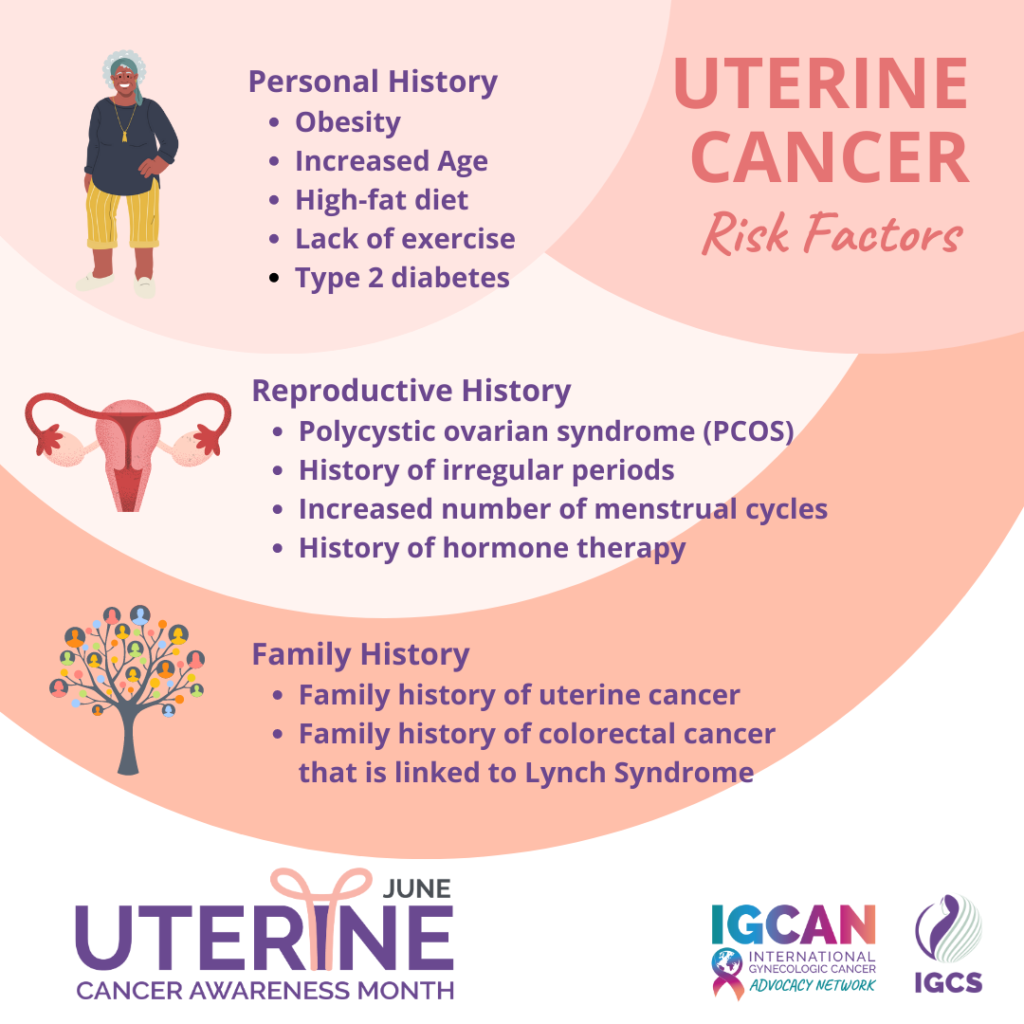
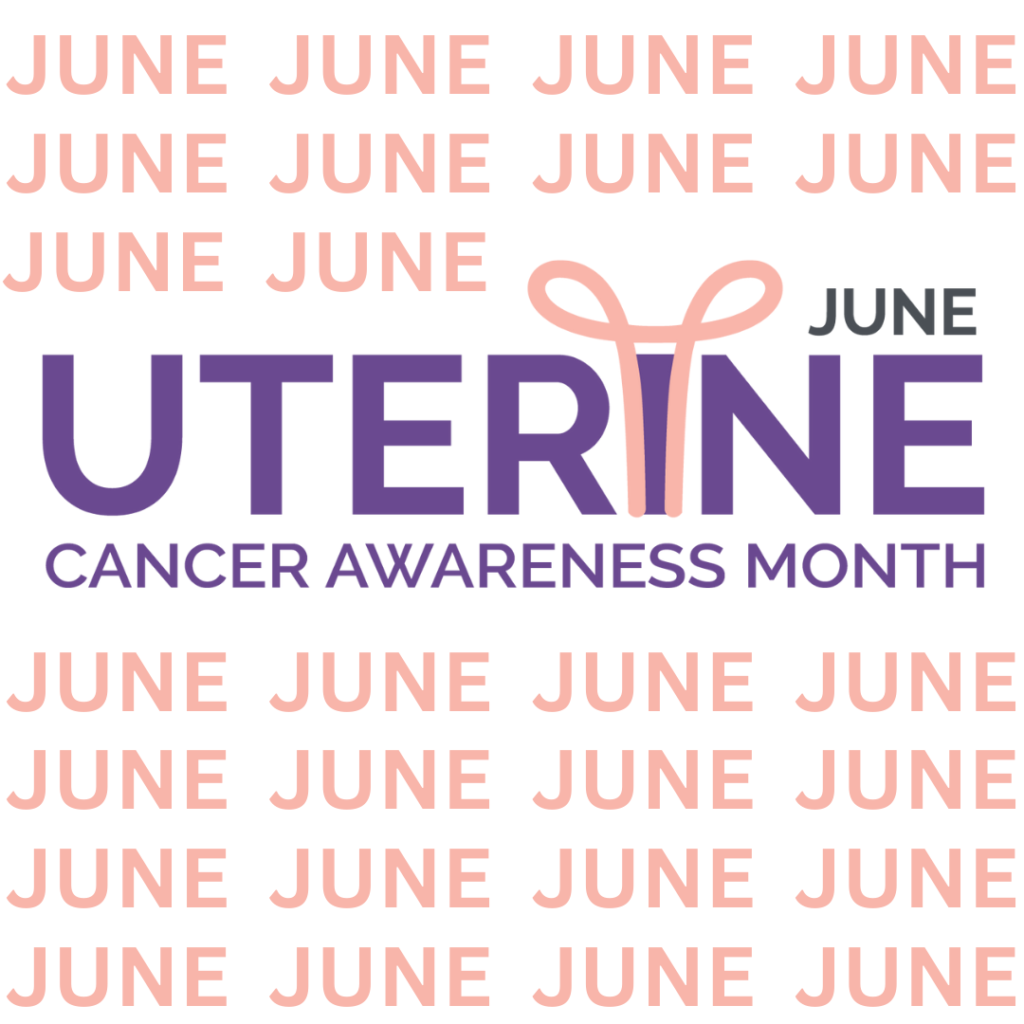
Please include #UterineCancer on your social media posts so we can search for your posts and track the reach of this global campaign.
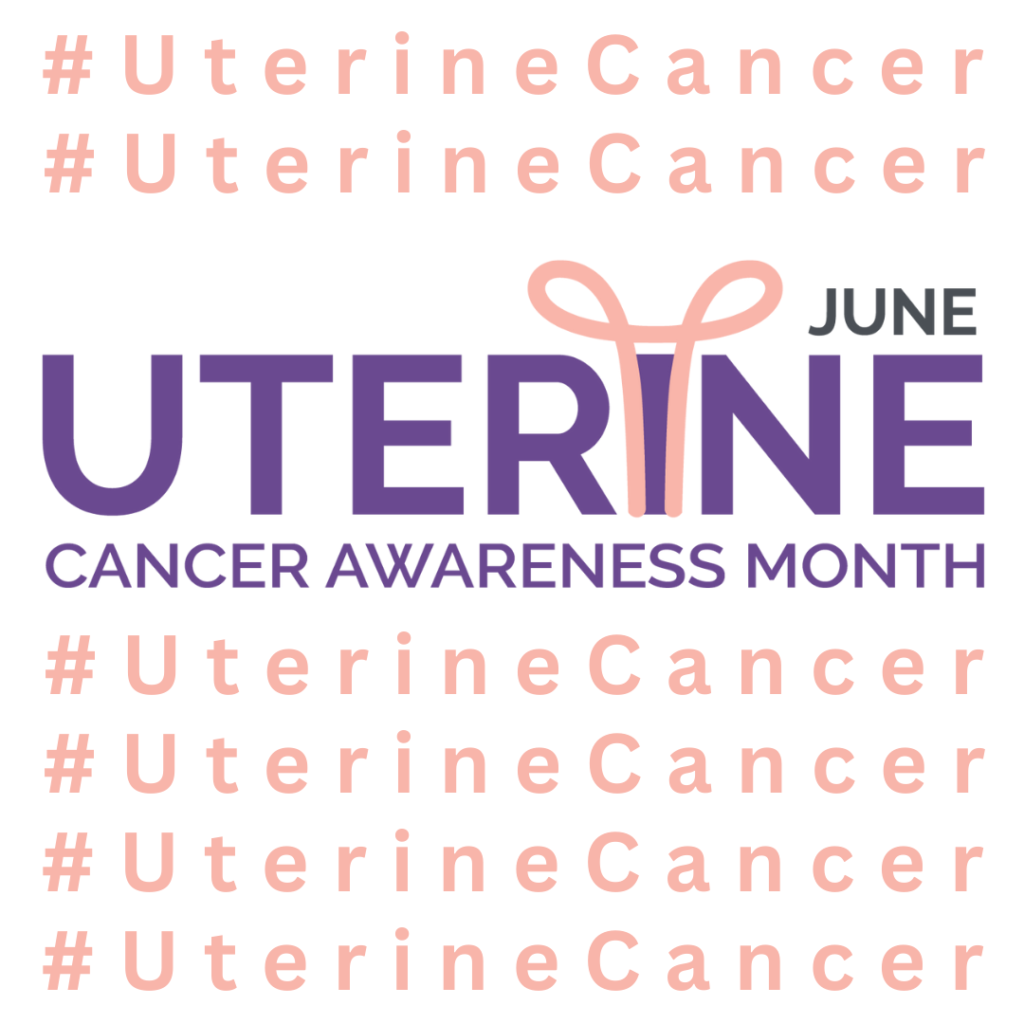
Education from IGCS and IGCAN
Preventing the Most Common
Female Cancer Most Women
Have Never Heard Of
In this recorded lecture, Dr. Sarah Kitson, Gynae-Oncologist from the University of Manchester delves into the rising incidence of uterine (womb) cancer across the globe, particularly highlighting the regions of North America and Europe. She provides a thorough review of evidence linking factors such as hormonal aspects, obesity, and lifestyle with uterine cancer incidence, aiming to inform and educate about the challenges and necessary steps for better management and acceptable prevention strategies.
An Evolving Frontier - Understanding Novel Treatment Options for The Management of Advanced Stage or Recurrent Endometrial Cancers
IGCS and Eisai welcomes gynecologic oncologists, oncologists, advanced practitioners (NP/PA/PharmD), and other clinicians who treat patients with gynecologic malignancies to view the second presentation from the An Evolving Frontier - Understanding Novel Treatment Options for The Management of Advanced Stage or Recurrent Endometrial Cancers Industry Supported Symposium presented at the IGCS 2023 Annual Global Meeting in Seoul, South Korea.
IJGC Uterine Cancer Publications for UCAM 2024
A longitudinal study of sexual health and quality of life in endometrial carcinoma survivors
Amrita Datta et al.
Clinicopathological characteristics of multiple-classifier endometrial cancers: a cohort study and systematic review
Luigi Antonio De Vitis et al.
Does sentinel node mapping impact morbidity and quality of life in endometrial cancer?
Bruna Tirapelli Goncalves et al.
Evaluating the use of machine learning in endometrial cancer: a systematic review
Sabrina Piedimonte et al.
Evaluation of the one-step nucleic acid amplification method for rapid detection of lymph node metastases in endometrial cancer: prospective, multicenter, comparative study
Eleonora La Fera et al.
Evolving treatment paradigms in metastatic or recurrent low-grade endometrial cancer: When is hormonal-based therapy the preferred option?
Haider Mahdi et al.
Gestational trophoblastic neoplasia: does centralization of care impact clinical management?
Cristina Mitric et al.
Gynecological sarcomas, surgical management: primary, metastatic, and recurrent disease
Ferron G et al.
Impact of comorbidities and extent of lymphadenectomy on quality of life in endometrial cancer patients treated with minimally invasive surgery in the era of sentinel lymph nodes
Giorgia Dinoi et al.
Intrauterine manipulator use during laparoscopic hysterectomy for endometrial cancer: association for pathological factors and oncologic outcomes.
Hiroshi Yoshida et al.
Long-term survival outcomes in high-risk endometrial cancer patients undergoing sentinel lymph node biopsy alone versus lymphadenectomy
Vito Andrea Capozzi et al.
Machine learning endometrial cancer risk prediction model: integrating guidelines of European Society for Medical Oncology with the tumor immune framework
Valentina Bruno et al.
Major determinants of survival in recurrent endometrial cancer—the role of secondary cytoreductive surgery: a multicenter study
Virginia Vargiu et al.
Mismatch repair status and surgical approach in apparent early-stage endometrial cancer
Rhett Morton et al.
Predictive factors of sentinel lymph node failed mapping in endometrial carcinoma patients: a systematic review and meta-analysis
Antonio Raffone et al.
Prognostic factors in patients with endometrial cancer with isolated lymphatic recurrence
Ilaria Capasso et al.
Prognostic factors in patients with uterine sarcoma: the SARCUT study
Ignacio Zapardiel et al.
Prognostic value of isolated tumor cells in sentinel lymph nodes in low risk endometrial cancer: results from an international multi-institutional study
Cucinella G et al.
Prognostic value of lymphovascular space invasion according to the molecular subgroups in endometrial cancer
Franziska Siegenthaler et al.
Prophylactic anticoagulation after minimally invasive hysterectomy for endometrial cancer: a cost-effectiveness analysis
Sarah Bell et al.
Pulmonary resection of residual lesions of pulmonary metastasis from gestational trophoblastic neoplasia
Wang W et al.
Race and ethnicity reporting in endometrial cancer literature
Raimondo D, et al.
Recurrence rates and patterns of recurrence in stage IA p53abn endometrial cancer with and without myometrial invasion
Amy Jamieson et al.
Sentinel lymph node assessment in patients with atypical endometrial hyperplasia: a systematic review and meta-analysis
Vieira-Serna S et al.
Sentinel lymph node sampling versus full lymphadenectomy in endometrial cancer: a SEER database analysis
Chen Nahshon et al.
The Womb Cancer Awareness Measure (WCAM): development of an instrument to assess public awareness of endometrial cancer
Olivia Jones et al.
Therapeutic role of para-aortic lymphadenectomy in patients with intermediate- and high-risk endometrial cancer: a systematic review and meta-analysis
Matteo Pavone et al.
Uterine smooth muscle tumors: a multicenter, retrospective, comparative study of clinical and ultrasound features
Fulvio Borella et al.
Uterine transposition for fertility preservation in pelvic cancers
Ribeiro R et al.
Industry Support



